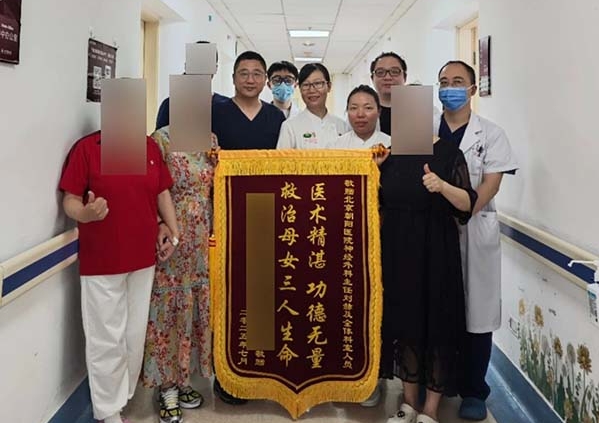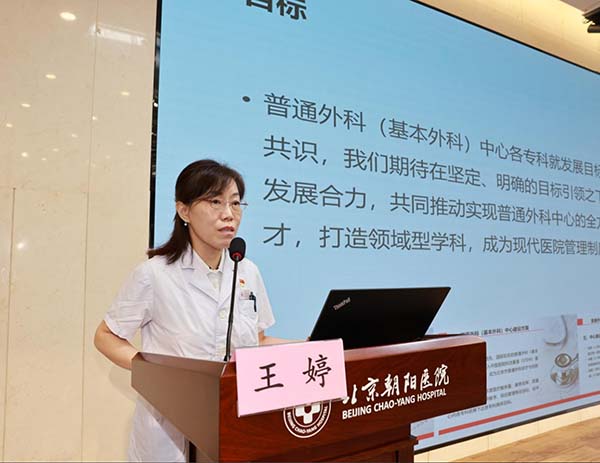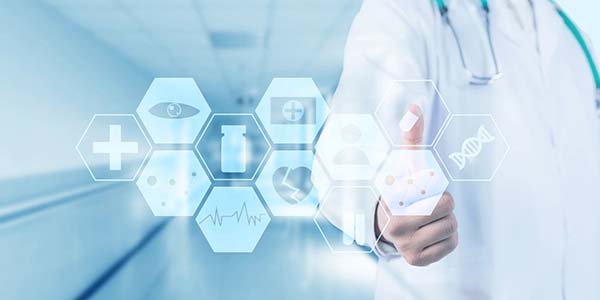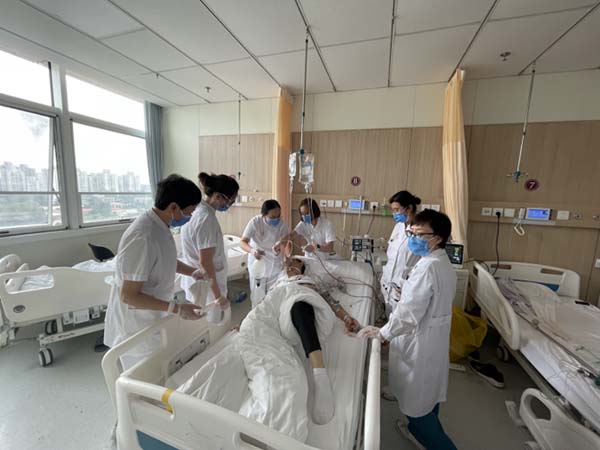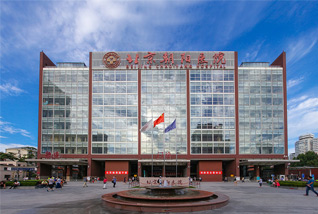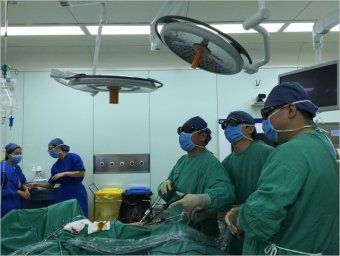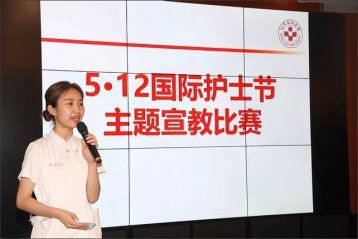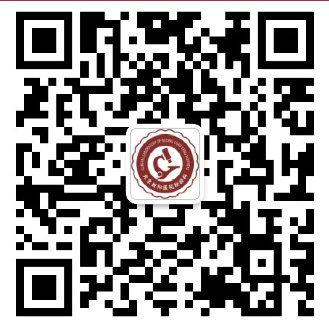English Version
Beijing Center for Clinical Laboratories
Beijing Center for Clinical Laboratories (hereinafter referred to as the "Bccl") was established in 1985. It is an independent legal entity affiliated with Beijing Chaoyang Hospital of Capital Medical University. The Bccl is responsible for clinical laboratory quality management, technical services, and comprehensive quality supervision and evaluation of clinical laboratories in the Beijing area.
Currently, the Bccl conducts External Quality Assessment (EQA) programs in clinical biochemistry, clinical microbiology, clinical immunology, clinical hematology, clinical molecular biology, and quality control indicators. Among these, the clinical microbiology EQA program is managed by Beijing Friendship Hospital Affiliated to Capital Medical University. As of 2024, the Bccl has implemented 75 EQA programs covering over 280 clinical testing items. A total of 1,027 medical institutions participated, with 9,945 laboratories involved across various quality assessment specialties. By organizing these EQA programs, the Center continuously evaluates and monitors laboratory testing and calibration capabilities to ensure accurate and reliable results for clinical and patient care, while also providing technical support for laboratory accreditation. Adhering to the quality policy of "fairness, friendliness, scientific rigor, effectiveness, and timeliness," the Bccl operates an ISO/IEC 17043 Proficiency Testing Provider quality system. 111 of its measurands in EQA programs have obtained accreditation from the China National Accreditation Service for Conformity Assessment (CNAS) as Proficiency Testing Providers.
In 2003, the Bccl assisted the Beijing Municipal Health Bureau in promulgating the Beijing Clinical Laboratory Management Measures, led the drafting of laboratory acceptance standards for the Beijing region, and organized expert on-site inspections of 237 clinical laboratories across 49 tertiary medical institutions. In 2006, it facilitated the implementation of mutual recognition of 31 testing results among tertiary hospitals in Beijing. Over the past decade, the Bccl has organized over 90 national, municipal, and district-level continuing medical education programs, training more than 100,000 professionals.
In 2006, the Bccl established a reference laboratory and has participated in the German Clinical Chemistry Association (DGKL)-organized international round-robin comparisons (RELA) for over a decade with satisfactory results. It has developed reference measurement methods for 14 clinical testing items, obtained 17 national patents, and received approval for 7 national certificated reference materials. In 2014, it became an IFCC (International Federation of Clinical Chemistry and Laboratory Medicine) HbA1c Reference Laboratory. Since 2016, the Bccl has launched trueness verification programs for HbA1c, electrolytes, and enzymes, as well as a joint HbA1c accuracy verification program across Beijing, Tianjin, Hebei, and Shandong. Since 2019, it has collaborated with these regions to implement joint EQA programs.
Guided by clinical needs and supported by scientific research, the Beijing Clinical Laboratory Bccl is advancing the standardization of laboratory management and continuous improvement of testing quality in the Beijing area, providing reliable clinical testing indicators for regional healthcare.


